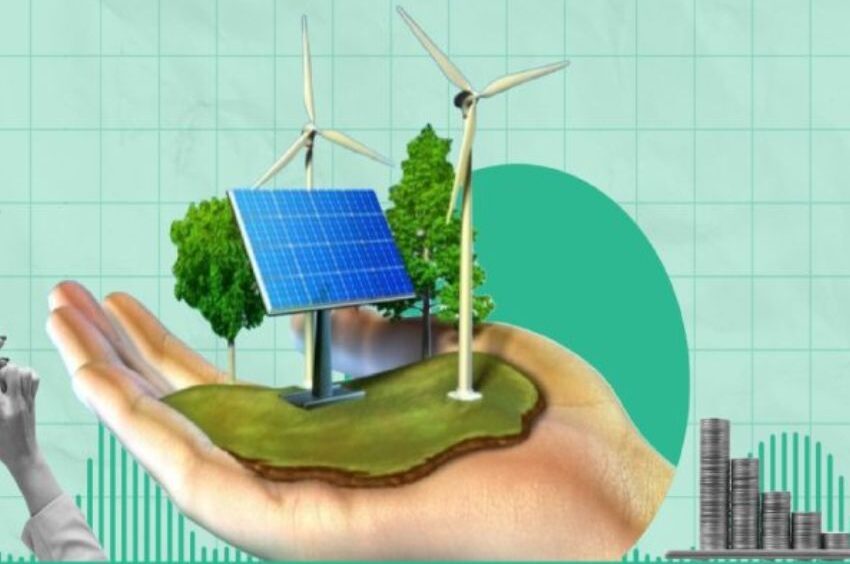Policy & Market Signals Driving India’s Renewable Energy Adoption: Lauritz Knudsen, COO

Government policy shifts, tax rationalisation, and skill initiatives are steering India’s renewable energy uptake, with firms like Lauritz Knudsen aligning products and training to support national clean energy programmes
Government policy measures and regulatory incentives are emerging as key drivers for renewable energy adoption in India, according to Naresh Kumar, COO of Lauritz Knudsen (LK), formerly L&T Switchgear. Speaking to BW Sustainability in an interview, Kumar outlined how policy frameworks such as GST rationalisation and central government renewable schemes are shaping the market for clean energy equipment.
GST Rationalisation And Market Impact
Kumar highlighted the reduction of GST on solar equipment to 5 per cent, which, he said, is expected to support the adoption of solar solutions across residential and utility-scale projects. “Some of my components are still under the 18 per cent slab, while solar projects benefit from 5 per cent. Overall, the government is rationalising GST to encourage more renewable energy without pinching the consumer,” he said. He added that this rationalization is part of a larger effort to support government-backed renewable energy schemes, rather than a uniform tax reduction across all components.
Alignment With Government Schemes
LK’s equipment portfolio is being designed to meet the technical requirements of both large-scale and rooftop solar programs. For utility-scale projects under schemes like PM Kusum, high-voltage, high-breaking capacity electrical equipment is required, along with monitoring, measurement, and maintenance capabilities. For residential programs such as PM Surya Ghar Muft Bijli Yojana, smaller, cost-effective solutions are needed. “The product requirements vary across utility and housing schemes, and our solutions are designed accordingly,” Kumar noted.
Training And Skill Development As A Support Mechanism
Kumar emphasised that regulatory support alone is not sufficient; capacity building is also critical. LK operates six brand-agnostic training centres to equip integrators and customers with skills in installation, maintenance, monitoring, and energy management. “The training ensures that equipment is used correctly and helps bridge the technical skill gap in India’s renewable energy ecosystem,” he said.
Rural Energy Access And Practical Solutions
Addressing challenges in rural areas, Kumar said LK has developed solar-driven irrigation pumps and pilot battery energy storage systems. These systems allow farmers to utilise solar energy during the day for irrigation and store excess energy for household use at night. “We are focusing on providing practical, energy-efficient solutions that are affordable and usable in areas with irregular electricity access,” he explained.
Looking Ahead: Technology And Adoption
On emerging technology trends, Kumar mentioned AI-driven predictive maintenance and load optimization tools, which can help industrial users manage energy more efficiently. He also said LK is preparing to start EV charging infrastructure and hybrid solar storage systems. These technologies, he said, complement government policies by enabling cleaner, more efficient energy usage across sectors.
Kumar’s observations underscore the interplay between government policy, market incentives, and corporate adaptation in India’s renewable energy sector. With GST rationalisation, targeted solar programs, and capacity-building initiatives, companies like LK are navigating evolving regulatory and market conditions to support the country’s clean energy goals.








































































































































































































































































































































































































































































































































































































































































































































































































































































































































































































































































